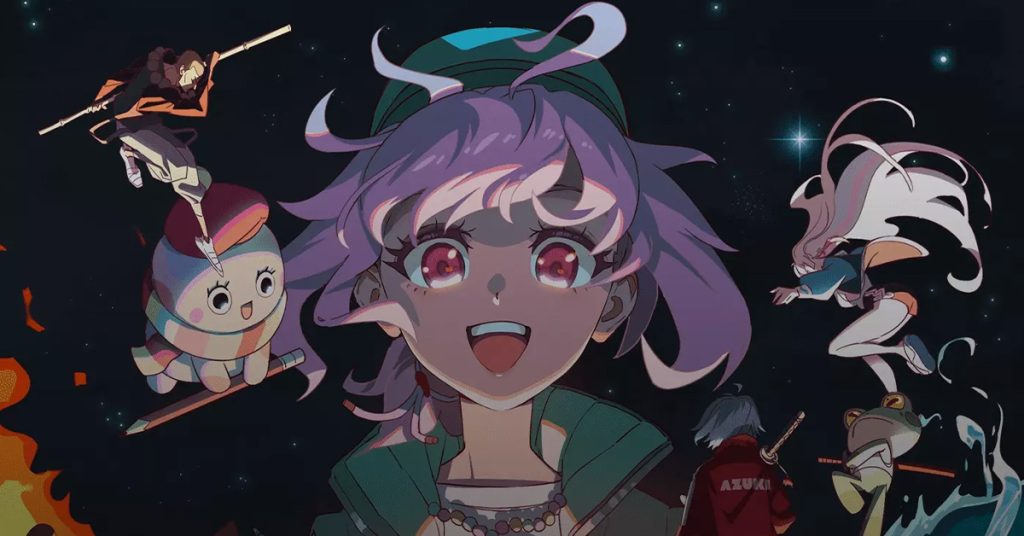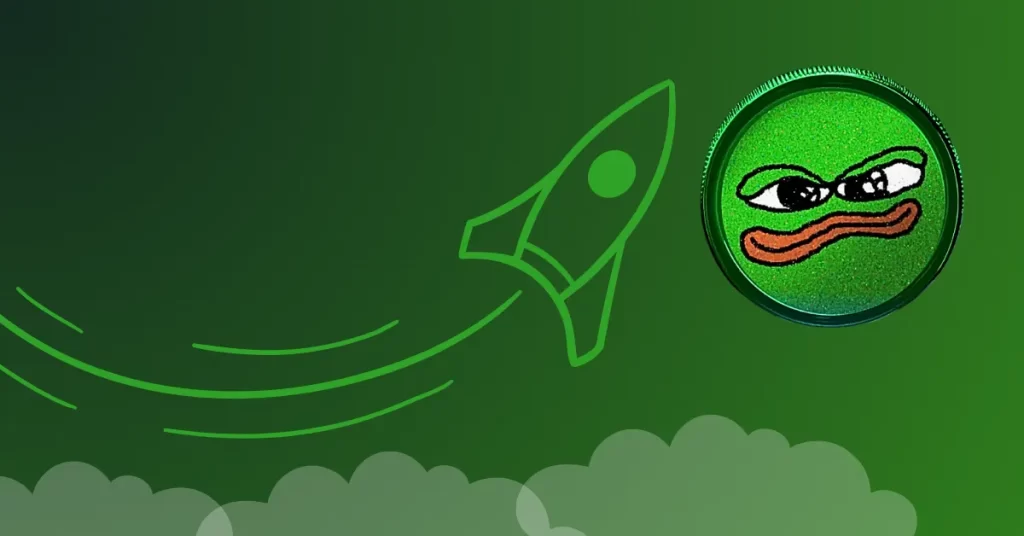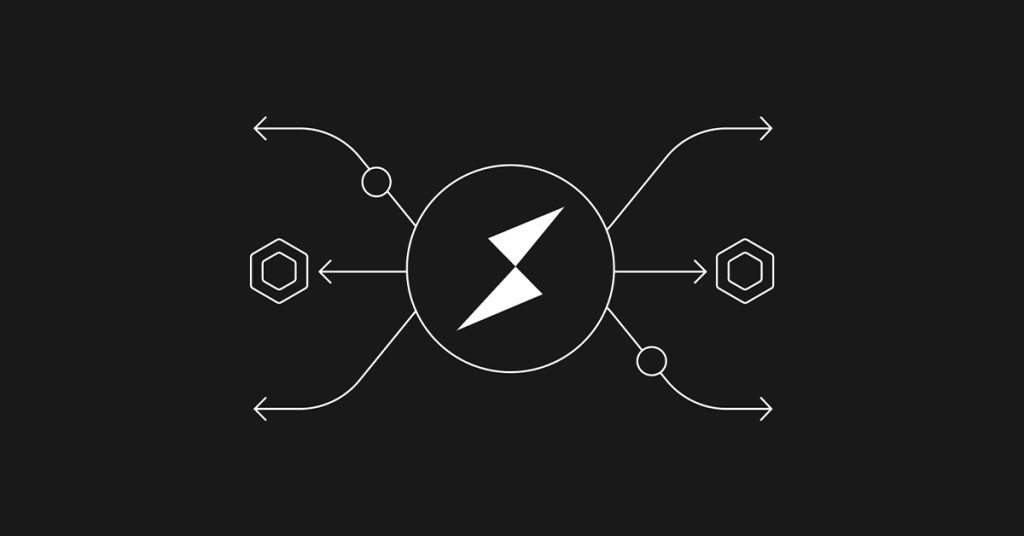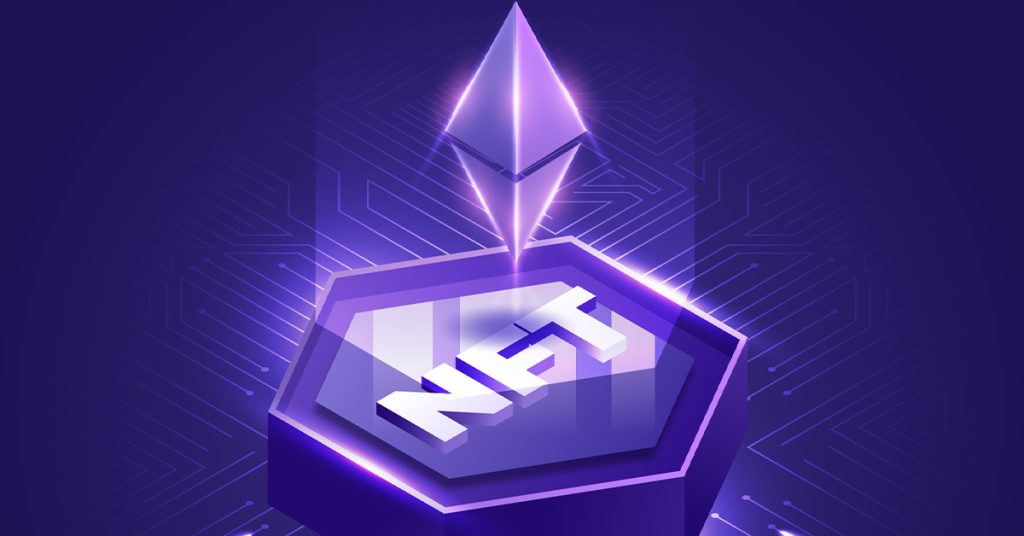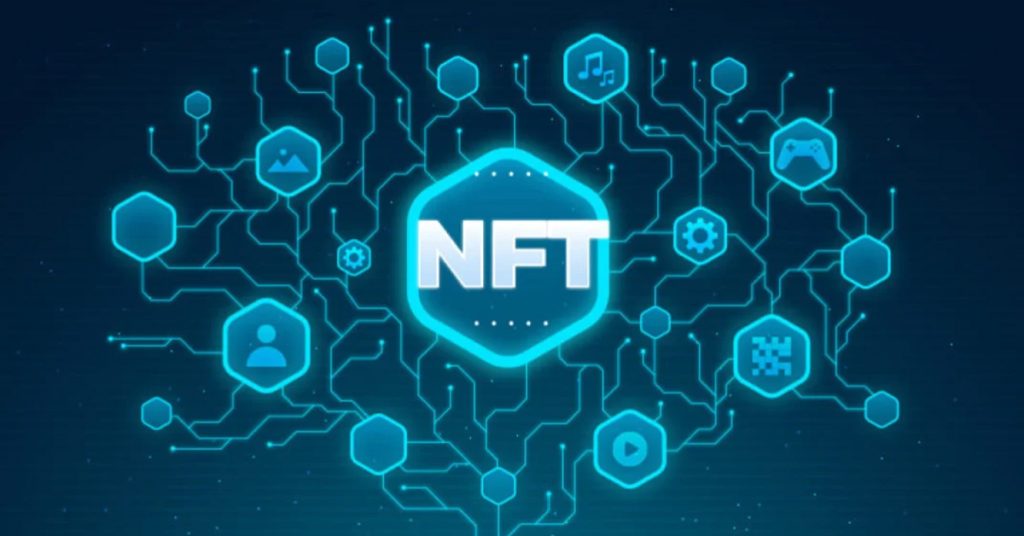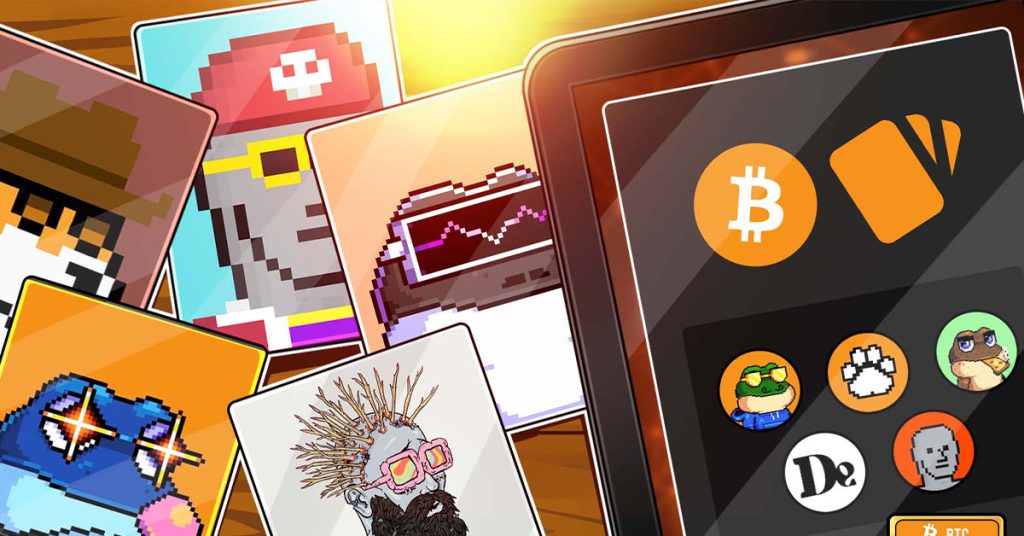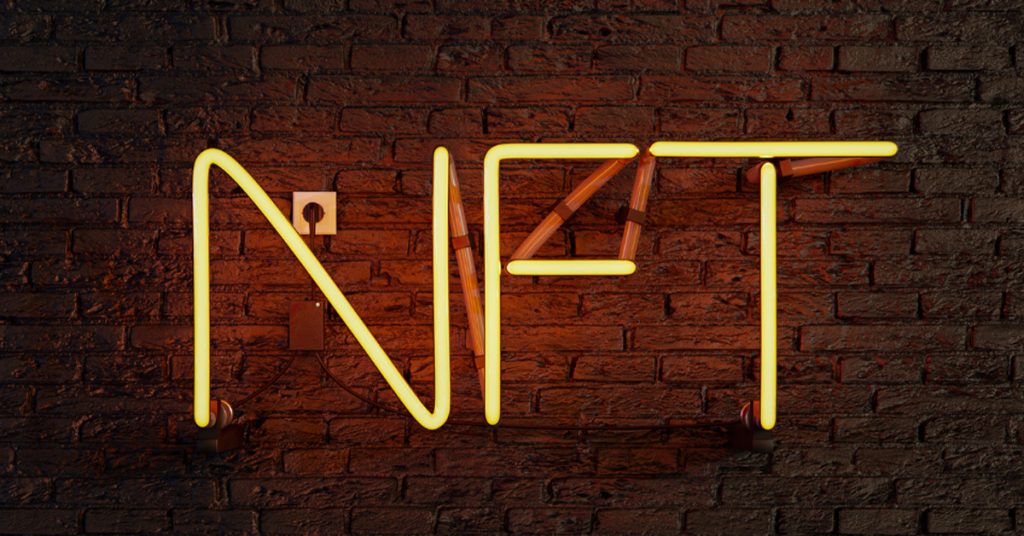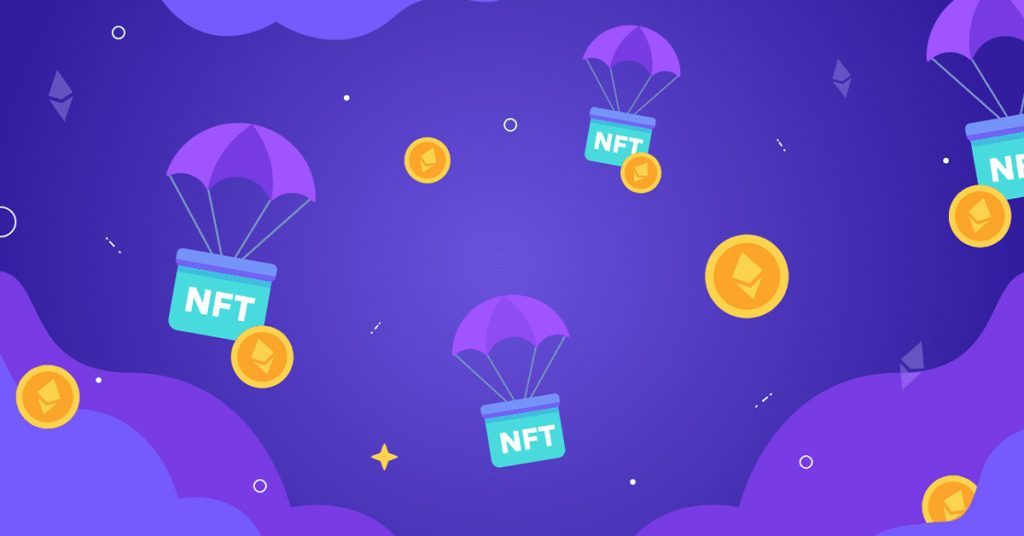NFT Whitelists | What Are They & How To Get On Them
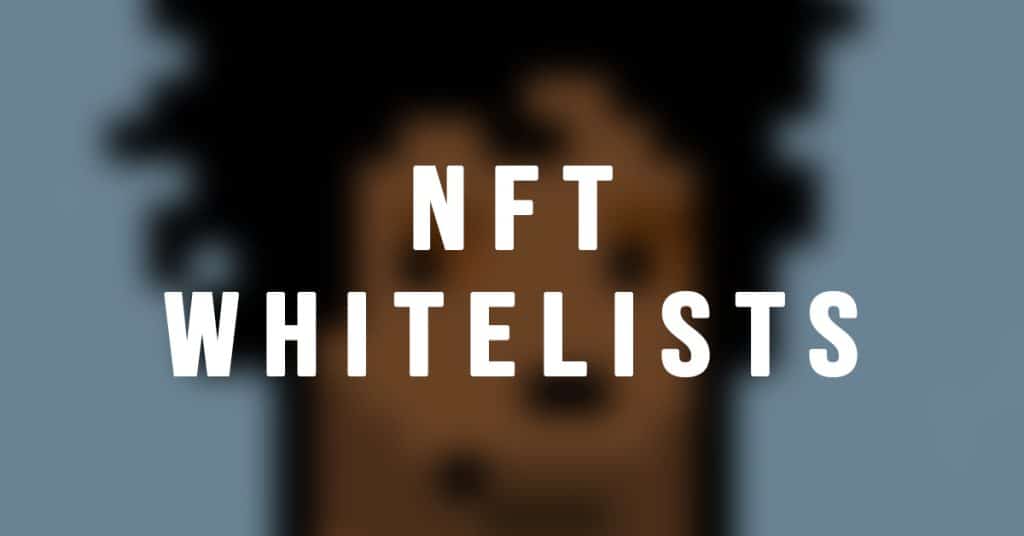
If you’re buying NFTs on secondary markets, then you can just browse for what you want and make your purchase. Minting a new NFT at a project’s launch, though, you’ll come across NFT whitelists, an area of the NFT world that solves some problems, causes others, and is–in some cases–being replaced altogether.
What Are NFT Whitelists?
When an NFT project launches they’ll often have two stages to the minting process. First, there’s a private sale, that you can only access if your wallet address has been added to a NFT whitelist (also known as an allowlist). Then, there’s a public sale, when anyone can try and buy, but which can become congested and lead to gas wars.
Being on the NFT whitelist guarantees that you’ll be able to mint something, and means you can relax and not worry about competing to get in quickly. The minting price might also be cheaper during the whitelist sale.
How Do I Get On NFT Whitelists
All projects set their own rules and allocate NFT whitelist spots however they like.
- Raffles – Winners are randomly drawn. Entry to some raffles might be limited, for example, by being accessible only to owners of NFTs from another collection.
- Hold other (prestigious) NFTs – Sometimes, smaller projects want to get buyers on board from bigger, high status collections. An advantage of holding a prestigious NFT, such as a Bored Ape or an Azuki, is that you’ll find yourself with opportunities to get on the whitelists of other projects.
- The whitelist grind -Up to now, a lot of projects have allocated whitelist spots to selected Discord members. People who act as mods, drum up enthusiasm, create fan art, and generally help to drive the community, may be given whitelist spots.
You’ll also see chances at whitelist spots being offered for inviting other people into the Discord, and for retweeting and tagging people in on promotional tweets.
The Problems with NFT Whitelists
The biggest complaints are around the idea of grinding in the Discord. At first, it sounds reasonable: true believers who help build the community get something for their commitment.
In reality, though, you can simply get people cynically going through the motions in order to secure whitelists. They may or may not have real interest in the project, and when it comes down to it, spending hours every day in a Discord channel is an uninviting proposition.
Regarding the technique of throwing out whitelist spots for retweeting promo tweets and dragging people into the Discord, this generates engagement, but it’s questionable how valuable this kind of growth is in the long-term, as it might just be superficial.
And as for giving out NFT whitelist spots to holders of blue chip projects, although perks and advantages are how things often work, it can be off-putting to newcomers and make the NFT space seem cliquey and insider-weighted.
What’s The Alternative?
A different approach is to use a kind of entry pass, or minting pass system, whereby holding a particular NFT gives you access to other launches. In this system, holding one NFT might grant you access to an entire ecosystem, including multiple future mints, and other benefits.
Here are some notable examples:
The Art of Seasons

The Art of Seasons stands out because the original NFTs themselves are collectible works of art, and some of them even come with the offer of physical prints.
That said, they probably wouldn’t have reached the prices they’re currently standing at (around 1.5 ETH) if they didn’t grant access to mint from the upcoming Renga collection.
<h3 id=”nanopass”>Nanopass
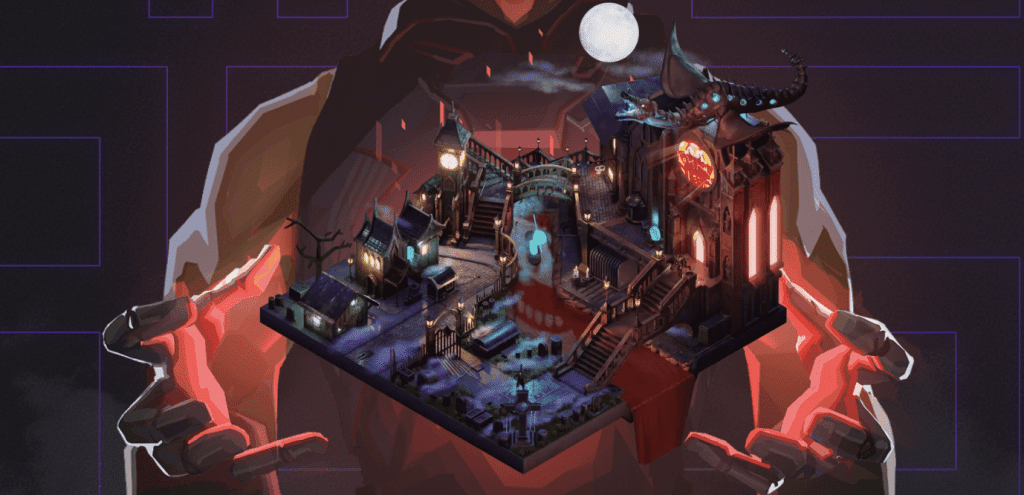
Buy a Nanopass, and the NFT grants early access to future projects, while functioning as an attractive-looking plot of virtual land in a project called the Nanoverse.
<h3 id=”0xog-pass”>0xOG Pass
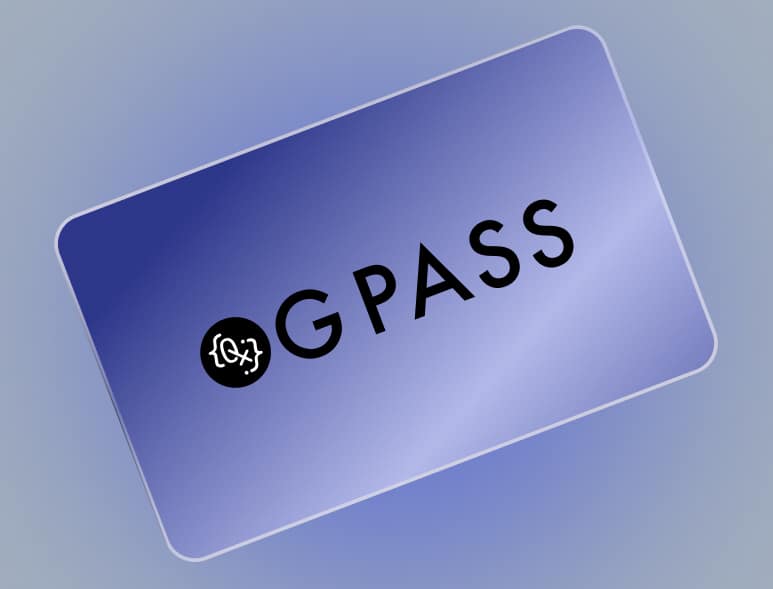
The 0xOG Pass is very straightforward. Own a pass, get on their NFT whitelist, and you can mint an NFT in the private mint round of all future projects by 0xStudio. For an idea of what that would include, take a look at the upcoming LonelyPop. A famous, already existing 0xStudio-related project is 3Landers.
<h3 id=”loveless-city-metropass”>Loveless City Metropass
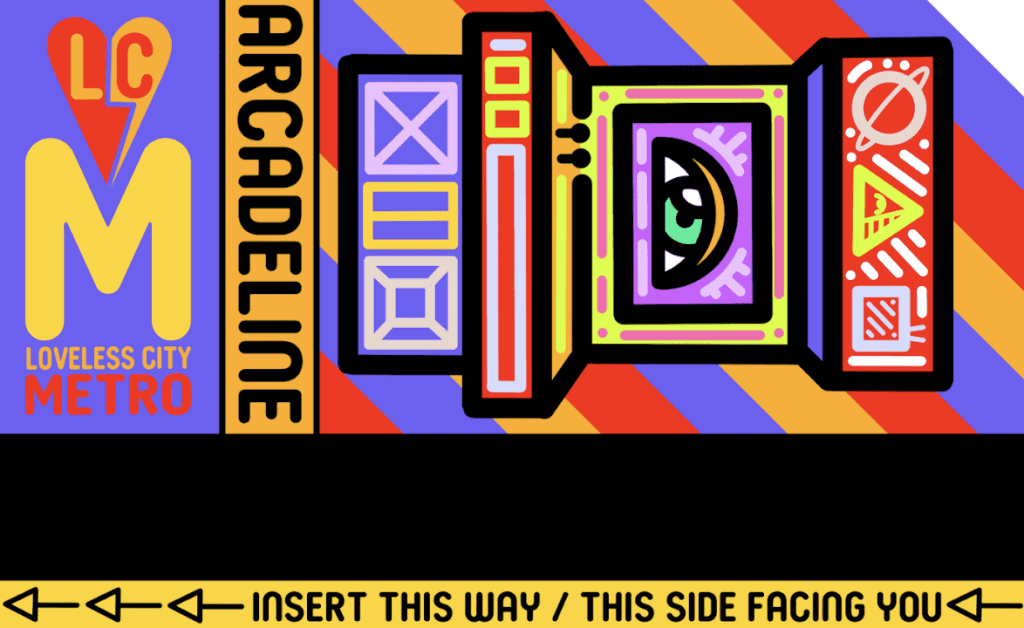
With the Loveless City Metropass, you’re buying into a creative environment that revolves around an artist called Tennessee Loveless. Although the ecosystem itself is a little complicated, the basic premise is simple: do you want in on what this artist delivers? Then get on their NFT whitelist!
<h3 id=”alphadoggg”>AlphaDoggg

AlphaDoggg offers you access to work from a variety of artists, for a limited, two-year time period, but with the option to renew at the end. Again, if the artists involved create work you want to get hold of or think would make for a good investment, it makes sense to buy in.
It has survived not only five centuries, but also the leap into electronic typesetting, remaining essentially unchanged. It was popularised in the 1960s with the release of Letraset sheets containing Lorem Ipsum passages, and more recently with desktop publishing software like Aldus PageMaker including versions of Lorem Ipsum.
PROOF Collective
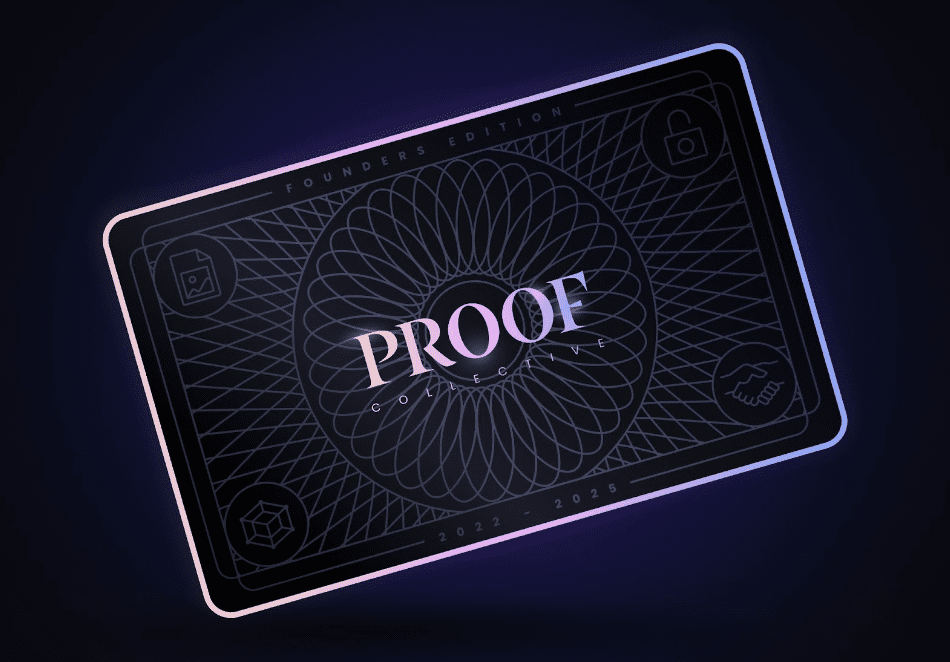
The PROOF Collective NFT is the most prestigious pass, and–at well over 100 ETH–is also the most expensive. PROOF allowed holders to mint Moonbirds (and Moonbirds gives access to PROOF, so they loop together), but in both cases what you’re essentially doing is placing a bet on the capability and future plans of the man behind it all, web entrepreneur Kevin Rose.
With PROOF and Moonbirds we’re actually drifting into new territory, in which owning an NFT doesn’t only give us access to future mints, but also exposure to a web3 startup. Is this a rehashing of the ICO model that crashed hard in 2018, or is it an adaptive new web3 approach? The answer to that remains to be seen.
Final Thoughts
One issue with the idea of NFTs as passes to buy more NFTs, is that you could end up with infinite regress, or in other words, “how do I get on the whitelist to mint the NFT that gets me on whitelists?”
Ultimately, whitelists are about scarcity. There is currently–on high quality, vibe-harmonized projects–more demand than there is supply, and so the very fact that there is a need for whitelists is a positive indicator.


